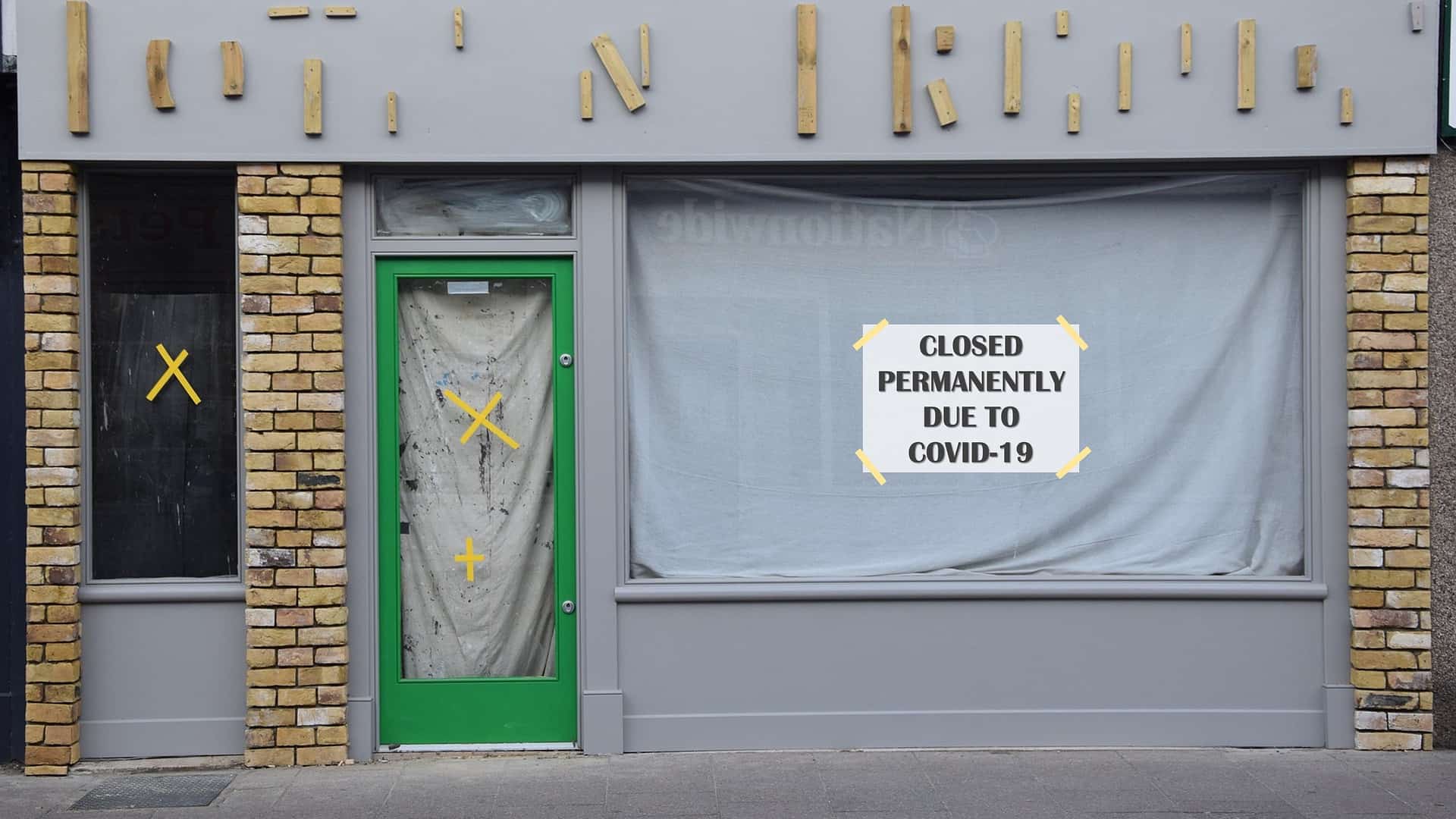
Over the past year, a lot of people have become quite accustomed to the term force majeure. Otherwise known as vis maior or casus fortuitus.
Force majeure refers to an event or occurrence which is beyond the control of parties to a contract, which could not be reasonably foreseen at the time of entering into the contract, which effects could not be avoided by appropriate measures, and which prevents performance of obligations by the parties, usually for the duration of the said event or occurrence.
Such events or occurrences include acts of God, acts of government, natural disasters, epidemics, pandemics and states of war or terrorism.
In general, the following conditions must be met before an event can be classified as force majeure:
- The event must be beyond the control of the party who is now failing to perform – it must not be a voluntary unwillingness to perform;
- The event must not have been reasonably foreseeable at the time of signing the contract; and
- Performance must be impossible as a result – performance must not merely have become onerous or difficult.
In order to make an allowance for such unavoidable and unforeseen events, most contracts include force majeure clauses that enable a contracting party to escape the normal consequences of failure to perform or late performance in terms of the contract.
In March last year and the period immediately thereafter, due to the immediate lockdown which was imposed to curb the spread of Covid-19, a lot of contracting parties found themselves having to research the force majeure clauses in their contracts in order to establish whether they have protection for failing to perform their obligations in light of the COVID-19 pandemic.
A year later, the pandemic is still running rampant throughout the world and a third wave, as predicted, will soon re-establish its stranglehold over South Africa’s economy once again. With most of the European Countries have already implemented stricter lockdown regulations, it is, therefore, safe to say that, although Covid-19 and the acts of government to curb it may still in some circumstances be an unavoidable occurrence, contracting parties can no longer claim that COVID-19 is an unforeseen occurrence. Therefore, contracting parties can no longer rely on force majeure for failing to perform their obligations timeously and/or at all.
Most contracts are now being drafted with clauses that specifically deal with Covid-19 and its consequences, such as how the contracting parties obligations will be affected by certain lockdown regulations and/or whether these regulations may be used as an excuse for failing to comply with certain contractual obligations timeously.
Should you need assistance in the drafting of any kind of contract please contact us.
Rose Mkandhla
rose@bbplaw.attorney
Associate


Recent Comments